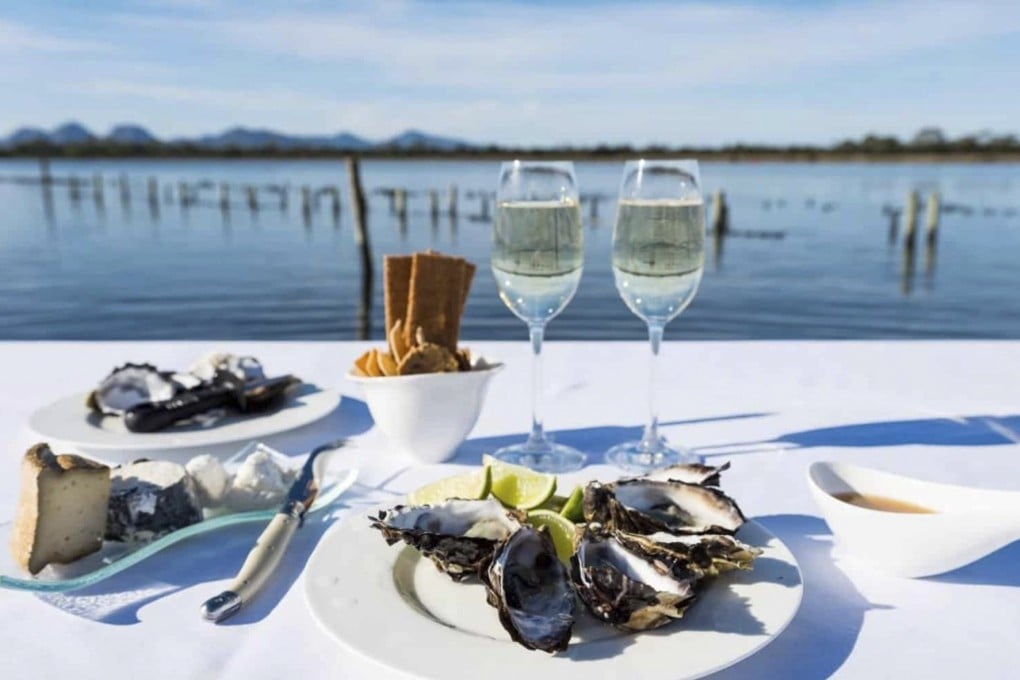Japanese food with Kyoto geisha. French wine tours. Oyster shucking in Tasmania – 5 culinary experiences to bring out your inner Anthony Bourdain
- The ultimate joy of travel is experiencing a place’s local food and ingredients. Here are five culinary itineraries in some of the most breathtaking locations
- From French culinary immersion in rural England to a food cruise in the Spice Islands, these experiences will broaden your horizons and tantalise your taste buds

We like to pretend it’s the culture, the history and the sights. But the ultimate joy of travel for many – perhaps the majority – comes from something that brings together all three, and then some: the food.
These five beguiling locations promise culinary experiences that let you channel your inner Anthony Bourdain, Nadiya Hussain or Stanley Tucci – namely travelling where food is the perfect mirror on your destination.
From cooking classes to produce immersion, from the steamy Spice Islands to rural England, these escapes guarantee cultural insights, picture-perfect settings – and plenty of taste.
Oyster masterclass, Tasmania, Australia

We start with an oyster immersion on the rugged, windswept but stunning east coast of Tasmania.
Freycinet National Park sits a picturesque two-hour drive from both of the island state’s key towns – and airports – Hobart and Launceston. At the park’s gateway stands Saffire Freycinet, a boutique resort of just 20 suites, all of which boast epic views over The Hazards mountain range and Great Oyster Bay.
The bay is home to the Freycinet Marine Farm, which works with the Saffire resort to provide an experience for guests that sees them don fetching rubber waders and boots before heading into the knee-deep waters where the sought-after bivalves are grown.
A guide begins by explaining the unique local terroir, a wetland of international significance that is home to whales, dolphins and Australian fur seals.